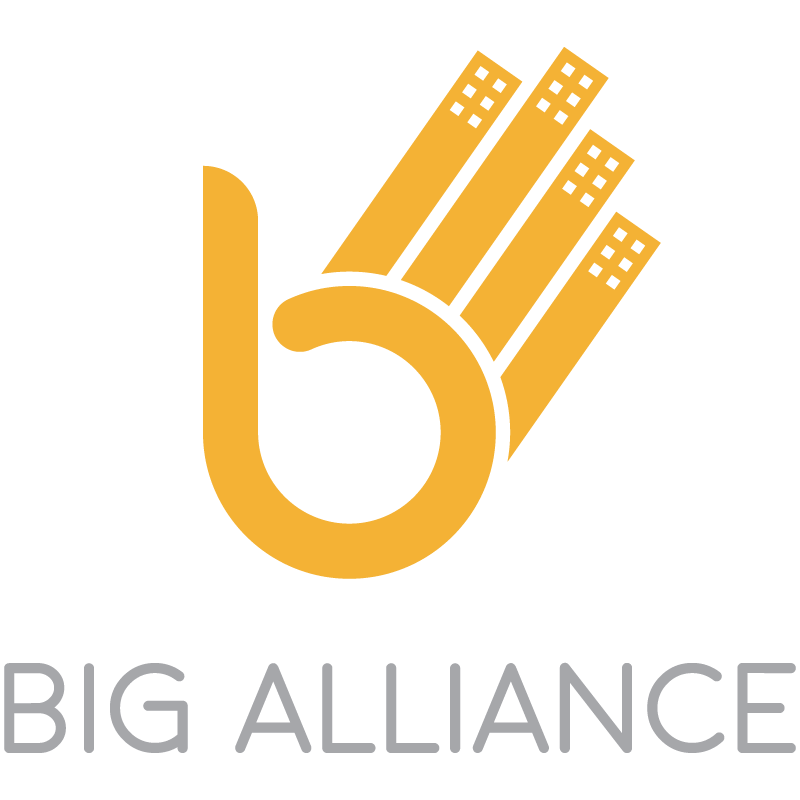Why mentoring is needed now more than ever – a returning mentor’s perspective
Islington is an inner London borough commonly known for its array of cafes, independent restaurants, fancy bakeries, and even kilo stores. But you may be surprised to hear that Islington is also one of the most deprived areas in London, with 47% of children living in poverty, well above the London average of 38%.
According to the End Child Poverty Coalition, Islington has the fourth highest rate of child poverty in the UK. For a child growing up in poverty in the UK, this often means going to school hungry, parents being unable to afford necessities such as food, clothing, and shelter, and children and young people having to work even harder than their peers to stay motivated and focused on their futures.
Millions of children living in poverty in the UK have at least one employed parent, yet low-paid jobs and zero-hour contracts mean many working families are just about making ends meet. The onset of the pandemic has exacerbated these financial inequalities. For young people, it has led to months without schooling, with most studying from home with varied resources and varied access to the internet and electronic devices.
To tackle this, ELBA and the BIG Alliance are proud to have recently launched and adapted our 2020/21 Mentoring Works programme to ensure we continue to support students that need it most.
Our mentoring programme was first established in 1996 by our parent charity, ELBA, where students travelled to their mentors’ place of work for a one-hour mentoring session every week. Sessions focused on introducing young people to the world of work and getting them thinking about their future careers. For many students, it was the first time they had stepped outside of their postcode, let alone travel to a shiny, glass office building with working professionals.
In reaction to the current restrictions due to COVID-19, we have adapted our programme to telephone mentoring for the first time to ensure young people continue to be supported. We have also introduced some new elements to our programme, such as Back on Track. With the aim of helping students get back into their studies, students identify subjects in which they would like extra support, and we match them to mentors with subject expertise in those areas. Our mentors will also support students with their school performance and motivation, with activities on time management, study skills, revision techniques and communication skills.
We have now also adopted the national Skills Builder Universal Framework into our programme. We will be tracking and measuring our students’ development in these eight skills before and after the programme. Many of the skills reflect the previous Mentoring Works competencies and we will retain some additional competencies. Going forward we will measure students’ development in the following ten areas: Listening, Speaking, Problem Solving, Creativity, Staying Positive, Aiming High, Leadership, Teamwork, Business Awareness and Confidence.
This year we are lucky to have 64 mentors from Euromonitor International, Expedia Group, Macquarie Group and MUFG who are volunteering their time and skills to mentor our students.
We spoke to Mohit Verma, an Associate in Power and Renewables at MUFG, and a returning mentor, about his experience as a mentor and why mentoring is needed now more than ever.
How was your experience as a mentor last year?
It was my first time mentoring. It took a couple of sessions to build up rapport with my mentee, beginning with talking about my mentee’s ambitions. It became clear that a key priority was being able to get some work experience for his CV, so I used subsequent sessions to brainstorm and discuss (i) what employers would look for in a great employee (ii) tackling the assessment process and (iii) how to go about generating job leads. We also talked about things like what success looks like and managing stress / energy levels.
Why did you sign up to become a mentor again this year?
I’ve signed up again as I want to continue giving back to the community and I enjoyed the experience last year. Highlights for me include – building up a rapport with my mentee, understanding his aspirations and how we can put a plan in place to achieve them, and widening his perspective to the working world.
What are some of the best things about being a mentor?
At the end of the mentoring period, my mentee thanked me for my help and mentioned a few points in which they feel they’ve learned or improved from our sessions – it really emphasised to me the value of the process and how some of the knowledge and guidance I imparted was taken on board!
Why do you think it's important for people to give back and mentor young people?
In the technology and information-heavy age we live in, there is so much out there in terms of career options – websites, coaching, blogs etc. Whilst it’s helpful, it can sometimes be very confusing and even paralysing. Having someone to speak to and get their advice can help a person to understand what they are seeking deep down, learn from first-hand experience and also sound board other ideas that they may not have thought of themselves.
If your company is interested in our Mentoring Works programme, we’d love to hear from you! Please email ayesha.begum@thebigalliance.org.uk.

